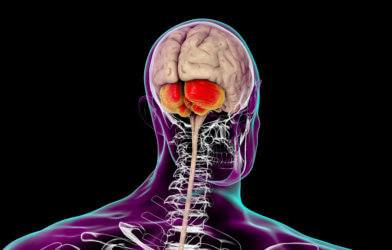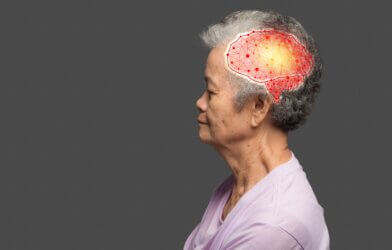The best cure for insomnia is the realization that it’s time to get up. – Anonymous
For some years now, we’ve been hearing more and more about the vital nature of adequate sleep for good health. The latest word is that lack of sleep and insomnia struggles can be added to the list of risk factors for heart disease. Now, a new study at Wake Forest University School of Medicine shows significant improvements in both sleep quality and autonomic nervous system function using acoustic stimulation.
The study is a step in the development of HIRREM, or high-resolution, relational, resonance-based electroencephalic mirroring, within a field of technology called CR-SOP. The system uses noninvasive, closed-loop technology. Scalp sensors monitor brainwaves, with algorithms to produce audible tones varying in pitch. The tones corresponding to brainwaves are delivered via earbuds. It’s like the brain is listening to itself.
“CR-SOP allows the brain to reset from stress patterns that contribute to insomnia,” says Dr. Charles H. Tegeler, chair of neurology at Wake Forest University School of Medicine. “During the intervention, the brain continuously updates with respect to its own activity patterns, resulting in auto-calibration or self-optimization,” he explained, in a statement.
Updating of the technology resulted in faster translation of brainwaves, briefer treatment sessions, and reduced dependence on technologist skills.
In a randomized, controlled study of 22 adults, some subjects were treated with 10 sessions using the new technology. The control group received 10 sessions of randomly generated auditory tones. Sessions were administered over a mean of 15.3 days, with follow-up six weeks later. Heart rate and blood pressure were recorded to assess autonomic cardiovascular regulation.
Participants in the CR-SOP group reported fewer insomnia symptoms. They also showed statistically and clinically significant improvements in autonomic function of heart rate variability. These findings are consistent with previous HIRREM research that showed fewer insomnia symptoms.
According to Tegeler, all subjects received the same sequence of management, greatly increasing the scalability of this approach so that more people might have access, more quickly.
“Closed-loop acoustic stimulation can improve sleep as well as autonomic function in those who suffer from insomnia,” Tegeler said. “This pilot study demonstrates these benefits with CR-SOP from sessions received over a short period. This is also an important step in showing the intervention’s potential scalability for treating more people.”
This research is published in Global Advances in Integrative Medicine and Health.
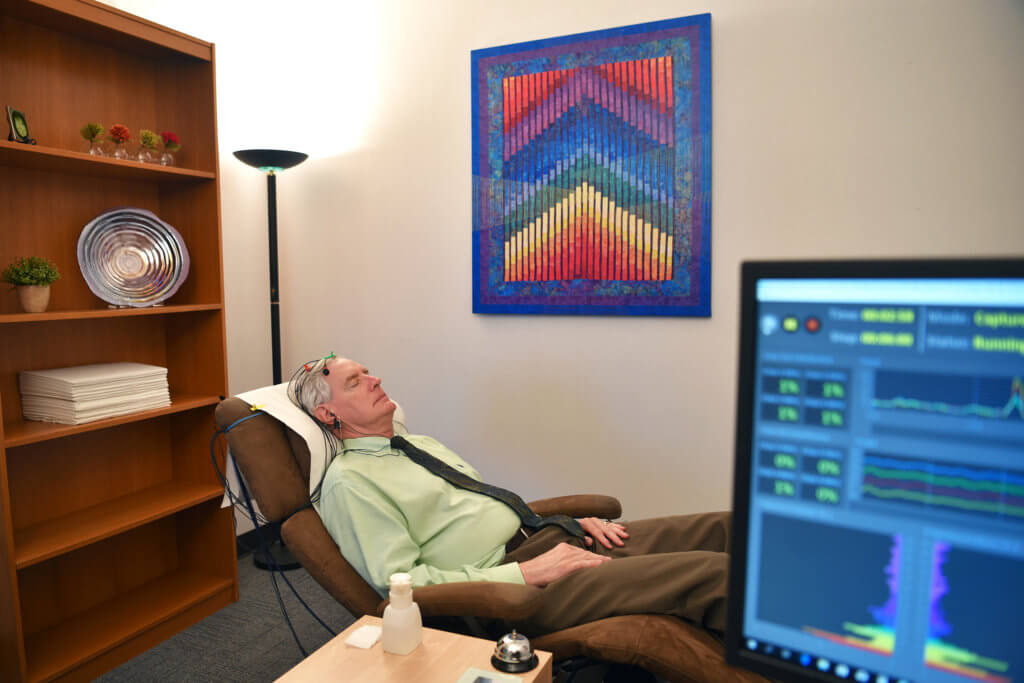

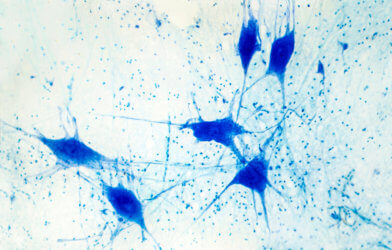




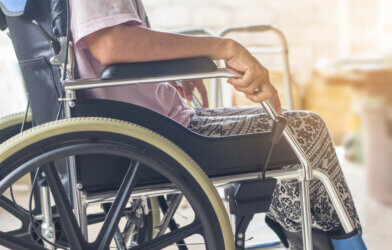
-392x250.jpg)

